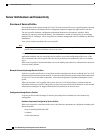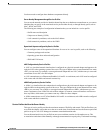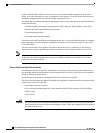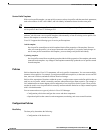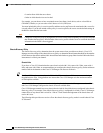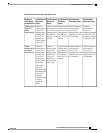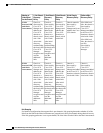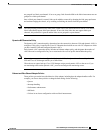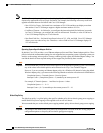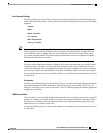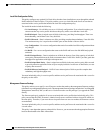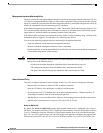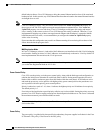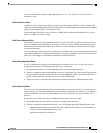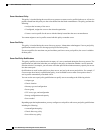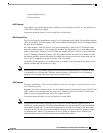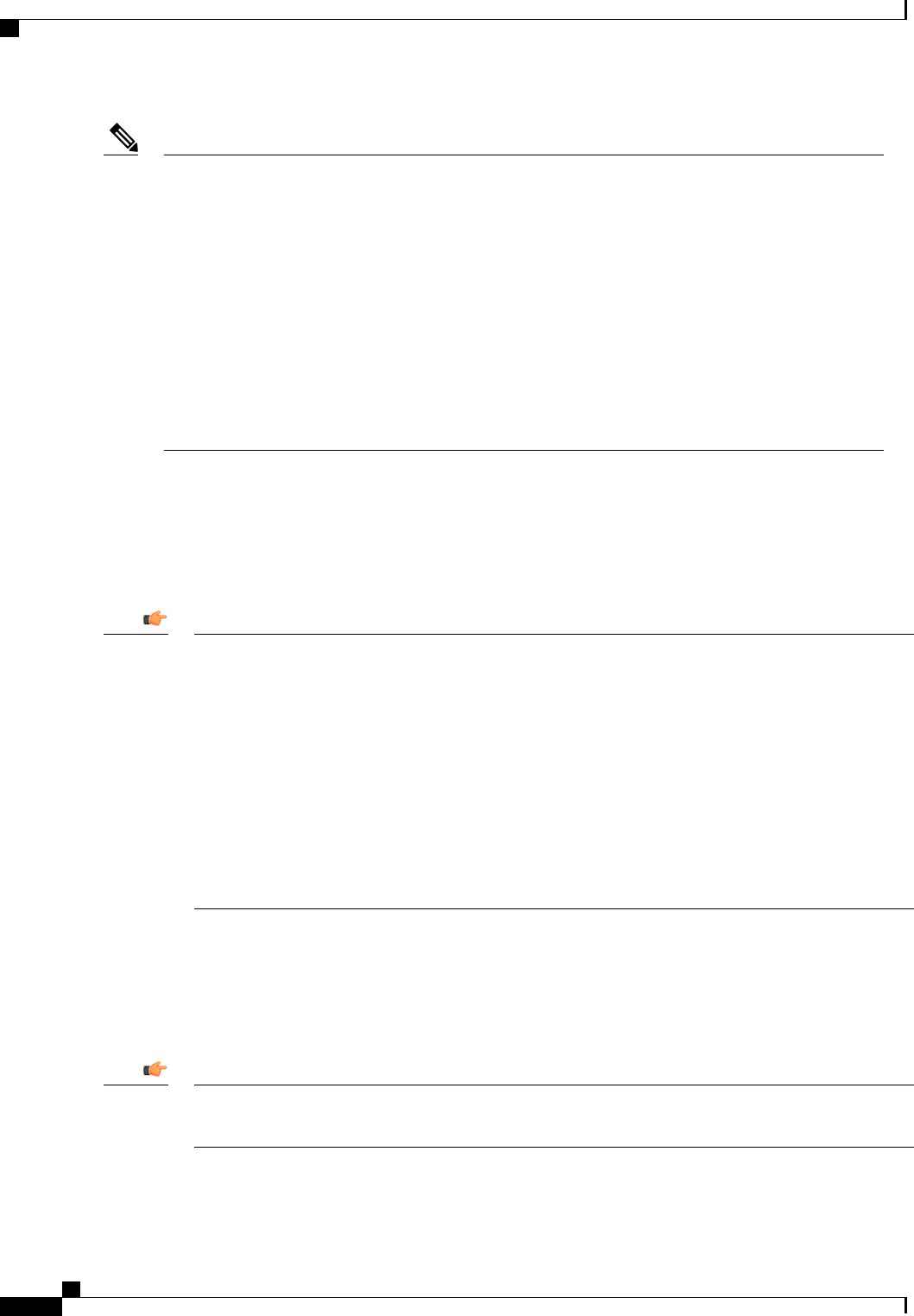
For Fibre Channel adapter policies, the values displayed by Cisco UCS Manager may not match those
displayed by applications such as QLogic SANsurfer. For example, the following values may result in an
apparent mismatch between SANsurfer and Cisco UCS Manager:
Note
• Max LUNs Per Target—SANsurfer has a maximum of 256 LUNs and does not display more than
that number. Cisco UCS Manager supports a higher maximum number of LUNs.
• Link Down Timeout—In SANsurfer, you configure the timeout threshold for link down in seconds.
In Cisco UCS Manager, you configure this value in milliseconds. Therefore, a value of 5500 ms in
Cisco UCS Manager displays as 5s in SANsurfer.
• Max Data Field Size—SANsurfer has allowed values of 512, 1024, and 2048. Cisco UCS Manager
allows you to set values of any size. Therefore, a value of 900 in Cisco UCS Manager displays as
512 in SANsurfer.
Operating System Specific Adapter Policies
By default, Cisco UCS provides a set of Ethernet adapter policies and Fibre Channel adapter policies. These
policies include the recommended settings for each supported server operating system. Operating systems are
sensitive to the settings in these policies. Storage vendors typically require non-default adapter settings. You
can find the details of these required settings on the support list provided by those vendors.
We recommend that you use the values in these policies for the applicable operating system. Do not modify
any of the values in the default policies unless directed to do so by Cisco Technical Support.
However, if you are creating an Ethernet adapter policy for a Windows OS (instead of using the default
Windows adapter policy), you must use the following formulas to calculate values that work with Windows:
Important
Completion Queues = Transmit Queues + Receive Queues
Interrupt Count = (Completion Queues + 2) rounded up to nearest power of 2
For example, if Transmit Queues = 1 and Receive Queues = 8 then:
Completion Queues = 1 + 8 = 9
Interrupt Count = (9 + 2) rounded up to the nearest power of 2 = 16
Global Cap Policy
The global cap policy is a global policy that specifies whether policy-driven chassis group power capping or
manual blade-level power capping will be applied to all servers in a chassis.
We recommend that you use the default power capping method: policy-driven chassis group power capping.
Any change to the manual blade-level power cap configuration will result in the loss of any groups or
configuration options set for policy-driven chassis group power capping.
Important
Cisco UCS Manager GUI Configuration Guide, Release 2.0
20 OL-25712-04
Server Architecture and Connectivity



